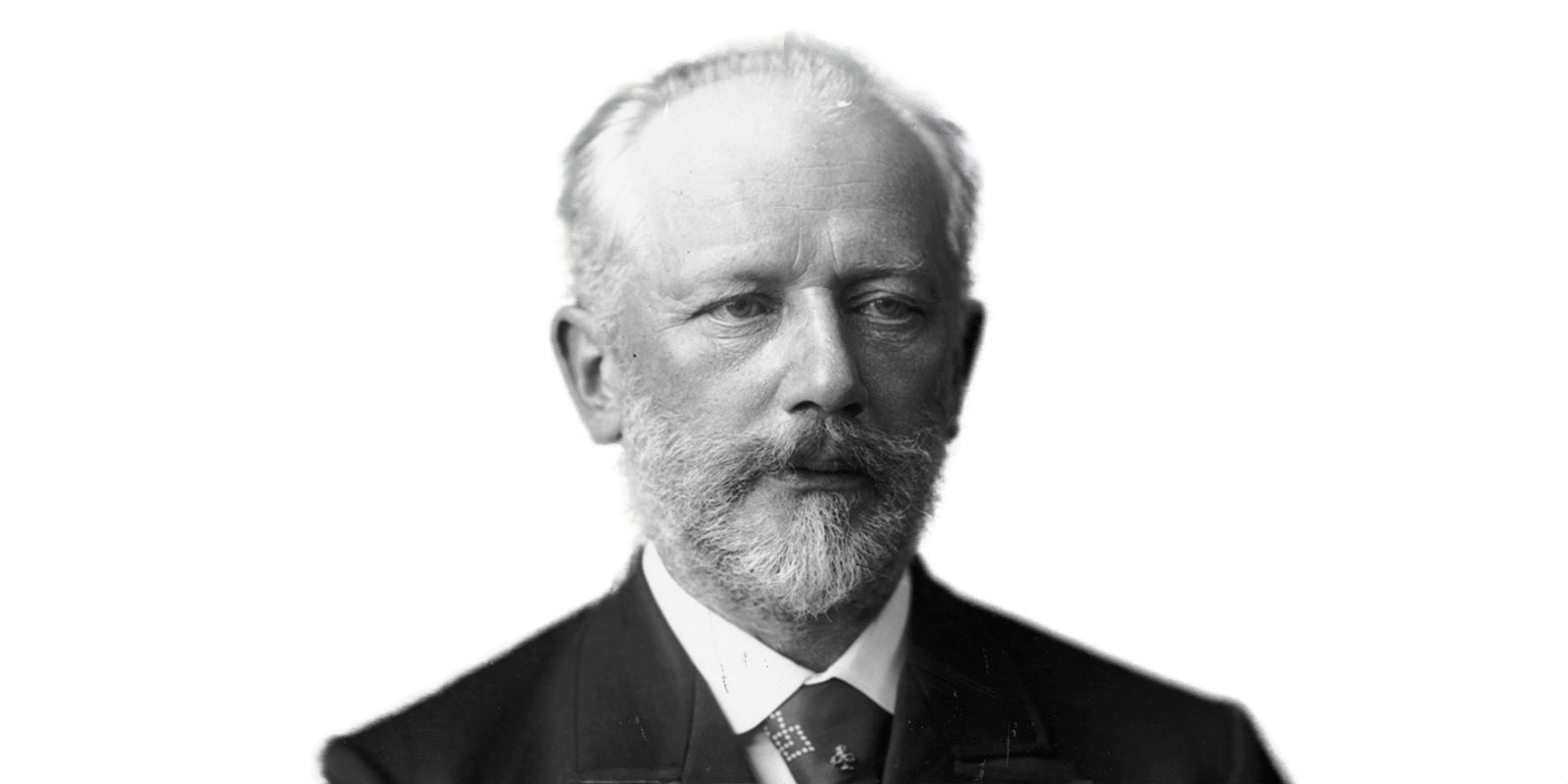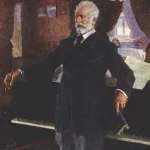
11.12.2022
Musicologists often believe that Tchaikovsky is a great opera, symphony, and ballet composer, but his chamber or instrumental music is weak and not so interesting.
They also note his “non-phortepiano thinking,” which prevents him from creating something truly grandiose by small expressive means. This opinion is mistaken. The Six Pieces for Piano are for example a whole performance for the performer – a one-actor show, where he can display all his beautiful feeling and musicality.
His melody is characterized by incredible intonational subtlety. His intonations are encoded in his music, like Bach’s. Their subtle shimmering and playing is his individual compositional trait.
The composer’s writing activity is considered fleeting. However, despite the short period that Pyotr Ilyich devoted to literary experience, his articles in the magazines Russkiye Vedomosti and Sovremennaya Letters newspaper were of the utmost importance in the cultural life of Russia, as they helped to shape the opinion and vision of music among the broad masses.
His own high moral and aesthetic ideals, to which he strived consciously all his life, made him reflect on the role of art in the life of society and man. He felt an acute need to share such thoughts with his compatriots. In many respects his views on music at the time determined the views of his contemporaries.
The last publications Pyotr Ilyich wrote while on a business trip to Bavaria were accounts of Wagner’s concerts in 1876. By the end of it Tchaikovsky had already become a symbol of Russian history, the Russian intelligentsia, and the Russian spirit.




